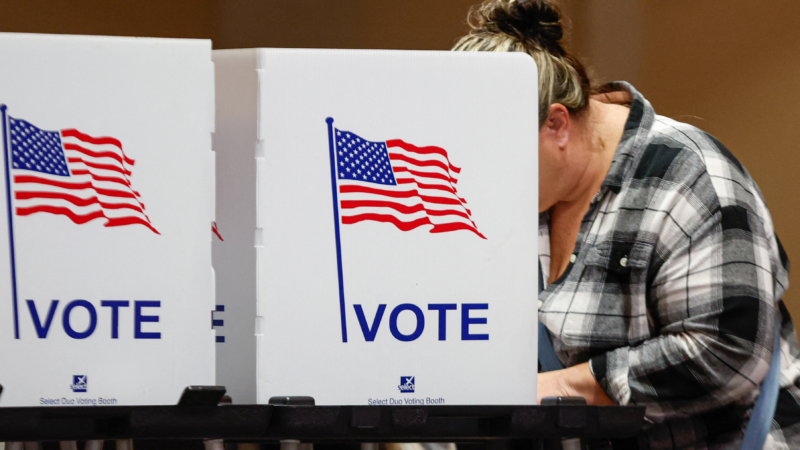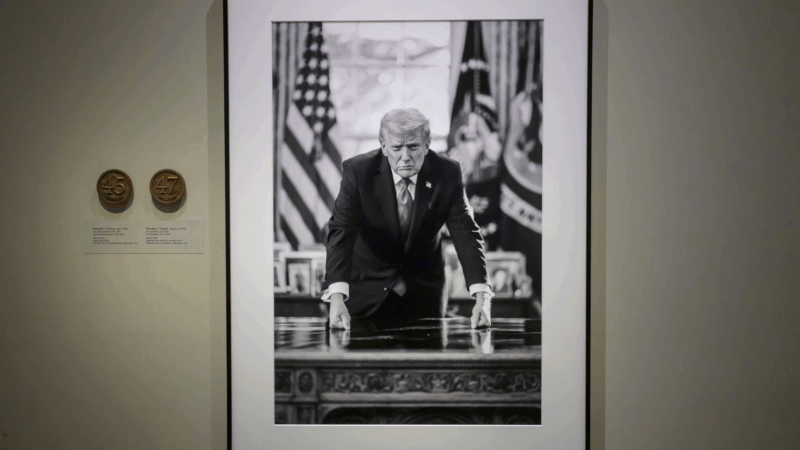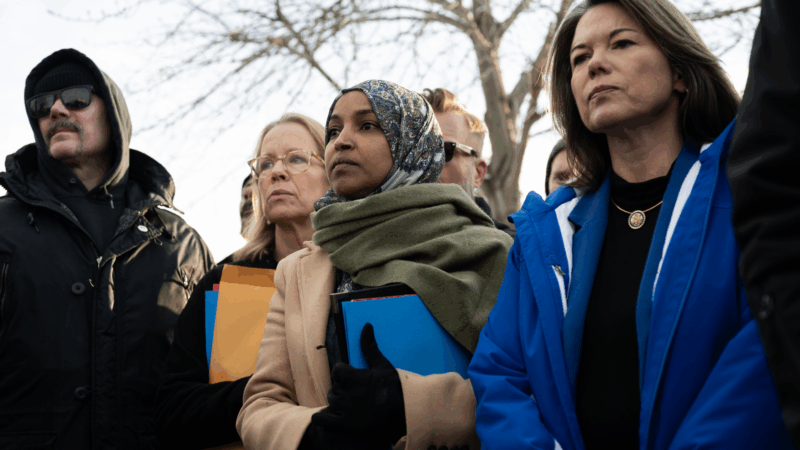Will the SAVE Act make it harder for married women to vote? We ask legal experts
As the Safeguard American Voter Eligibility Act heads to the Senate, there has been growing debate on how the bill may affect voting for millions of married women, particularly those who have changed their last names, if it becomes law.
The legislation, known as the SAVE Act, looks to make sweeping reforms on voter registration. It was introduced in response to fears about voter fraud, though research has consistently showed that such incidents are exceedingly rare and not a significant factor in American elections.
Among the most notable changes outlined in the bill is the requirement to prove U.S. citizenship before registering to vote. Acceptable documents will include a birth certificate, U.S. passport, naturalization paperwork and certain versions of the Real ID that indicate citizenship.
But for as many as 69 million American women who have taken on their spouse’s name, their birth certificates no longer match the names they use today, according to an analysis by the progressive Center for American Progress. Meanwhile, more than half of all Americans do not have a passport, according to a 2023 YouGov survey.
Some lawmakers who oppose the SAVE Act argue that the bill could make it harder for married women to vote. “This voter suppression bill will disenfranchise millions of voters, especially married women,” Democratic Rep. Ilhan Omar of Minnesota said on social media.
Meanwhile, supporters of the SAVE Act assert that the legislation orders states to determine what additional documents should be required when local voters have a discrepancy on their proof of citizenship document.
“The Democrats have been fearmongering about this bill, have been saying if married women change their name, they would not be able to vote. That is complete fallacy,” White House press secretary Karoline Leavitt said at a press conference on Friday.
Getting legal documents could be a challenge for some women
Legal experts told NPR that states can ease this potential hurdle by accepting secondary documents like a legal decree of a name change or a marriage certificate, but it might not fix the issue for all married people.
Tracy Thomas, a professor of constitutional law at the University of Akron, said the issue is that court decrees are uncommon since they are generally not required for married individuals who want to change their name.
While marriage certificates are more commonly issued, Thomas said obtaining one may be especially challenging for women who have been married for a long time and may no longer have their marriage certificate readily available.
“Obtaining that marriage certificate is an additional cost, administrative burden, and extra penalty that other voters do not have to do,” said Thomas, who teaches voting rights and general equality.
She added, “These might all seem like trivial costs, but they all add up. There is also time delays and administrative inconvenience and burden at each step that creates more obstacles and discouragement to voting.”
Experts say the bill could lead to varying policies across states
Legal experts also worry that the ambiguity in the bill will lead to uneven policies across the country, meaning some states and municipalities will enforce stricter document requirements than others.
“ Will marriage certificates be accepted equally across all jurisdictions? We don’t know because some marriage certificates have different types of information on them, depending on the jurisdiction,” said Keesha Middlemass, a professor in the department of political science at Howard University.
Middlemass, who is also a fellow in governance studies at the Brookings Institution, added that if the bill passes, it will take some time to identify where and how married women are being affected.
“ The disenfranchisement — we won’t know about it until after the fact,” she said.
It’s not unusual for voting laws to take time to iron out issues and identify those affected. But the prospect of sweeping changes to voter registration also comes at a time when elections have been competitive, Middlemass notes.
“That happens with every policy, there’s always hiccups,” she said. “ The challenge with … changing voting laws is we’ve had very close elections in the last three cycles, and so if you reduce the potential voters by 1 or 2% that could change the outcome of the election.”
The 2026 Golden Globe awards are Sunday. Here’s how to watch
The 2026 Golden Globes air on Sunday night starting at 8 p.m. ET / 5 p.m. PT.
National Portrait Gallery removes impeachment references next to Trump photo
A new portrait of President Trump is on display at the National Portrait Gallery's "America's Presidents" exhibition. Text accompanying the portrait removes references to Trump's impeachments.
America’s top figure skaters dazzled St. Louis. I left with a new love for the sport.
The U.S. Figure Skating National Championships brought the who's who of the sport to St. Louis. St. Louis Public Radio Visuals Editor Brian Munoz left a new fan of the Olympic sport.
DHS restricts congressional visits to ICE facilities in Minneapolis with new policy
A memo from Homeland Security Secretary Kristi Noem, obtained by NPR, instructs her staff that visits should be requested at least seven days in advance.
Historic upset in English soccer’s FA Cup as Macclesfield beat holders Crystal Palace
The result marks the first time in 117 years that a side from outside the major national leagues has eliminated the reigning FA Cup holders.
Venezuela’s exiles in Chile caught between hope and uncertainty
Initial joy among Venezuela's diaspora in Chile has given way to caution, as questions grow over what Maduro's capture means for the country — and for those who fled it.







